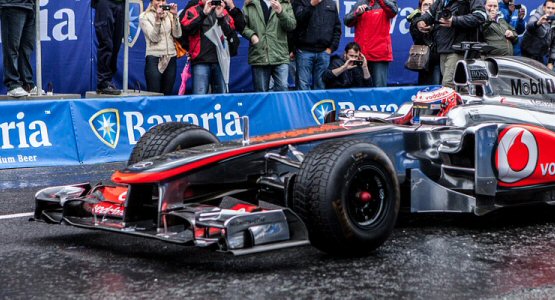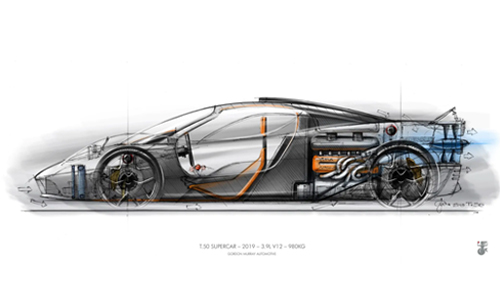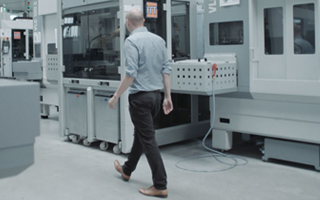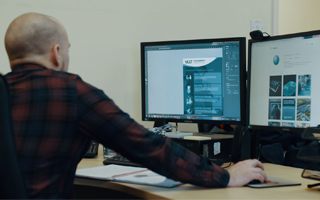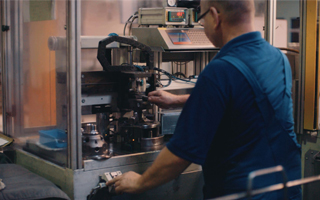How Have Formula 1 Brakes Evolved?
Formula One is constantly changing. Some could argue it to be more of a technical exercise than an actual motorsport. Races are won and lost by the engineers and suppliers responsible for building the best vehicle. Sure, the human behind the wheel is vital. But how are they expected to win races if the car doesn’t stack up to everyone else’s?
We are a competitive species. We are also intelligent. These two things combined bring an innate compulsion to outdo each other and ourselves. It’s in our DNA.
One element that promotes continual development and evolution of motorsport technology is the constant changing of rules by the FIA.
Weight limits, size limits, power restrictions.
Formula One cars are incredibly intricate, finely tuned machines. So much so they have to be continually fed warm oil when not in use to prevent the engine seizing up.
An additional 1kg of weight required at one end of the vehicle has a knock-on across the entire assembly. It’s a delicate balancing act and every gram has to be accounted for.
This is why some seemingly small rule changes actually require a complete redesign of the entire car by the manufacturers and teams.
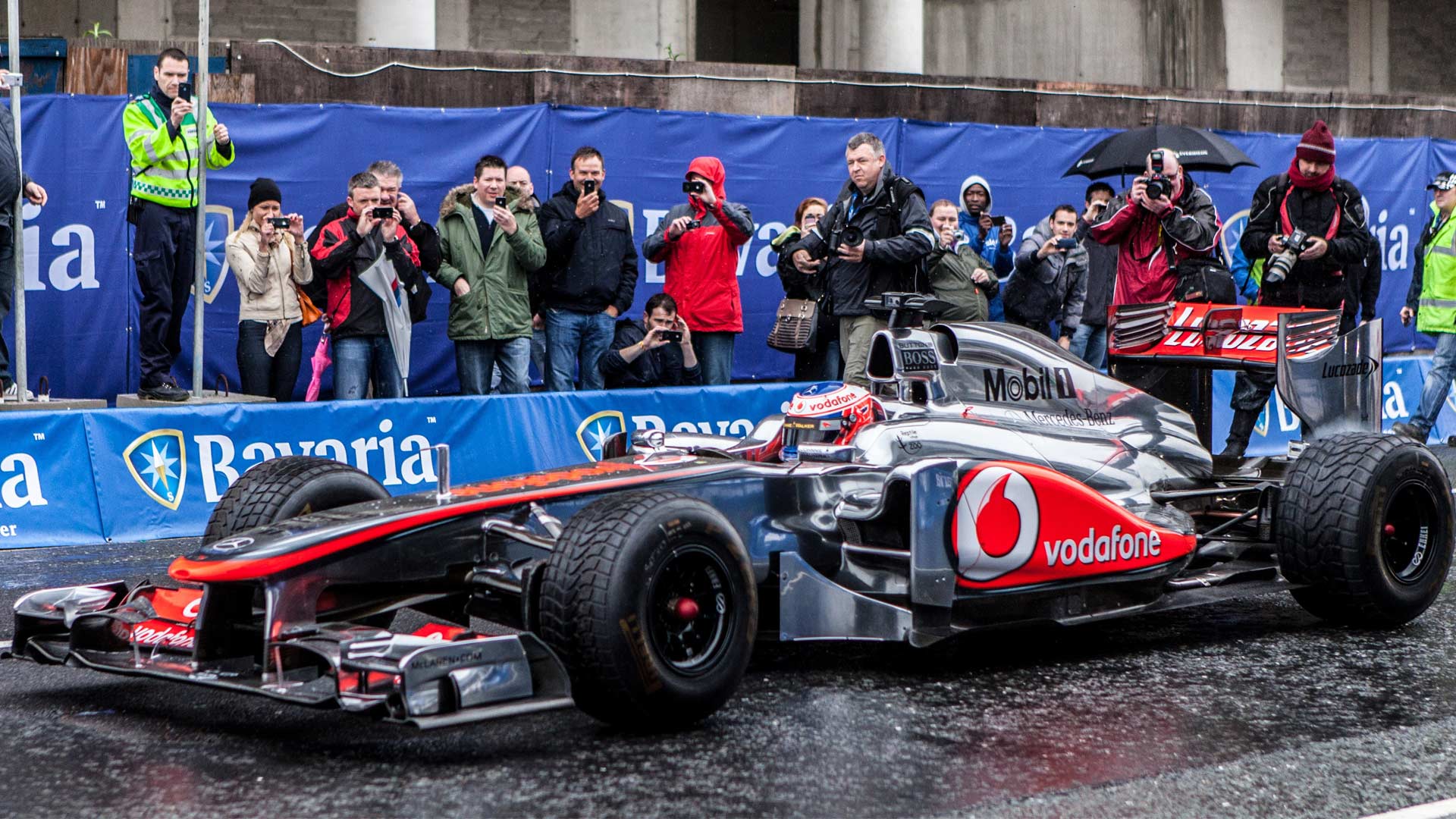
HOW DO FIA RULES AFFECT THE BRAKING SYSTEM?
To those unfamiliar with motorsport, the concept of brakes helping drivers to go faster might seem a little strange. Without a perfect braking system, a Formula One Car can’t utilise all of the available power and aerodynamics. So much is wasted without a perfect braking system. The braking system is so unbelievably important and complex.
Being so vital to the entire assembly, the braking system is often the first thing that needs addressing when any other change is made to the vehicle. If the car is made any heavier, lighter, faster, slower, taller – the braking will be effected.
Over the years, the braking system of Formula One Cars has changed dramatically.
One of the most prominent changes in recent years was in 2014, when turbo charged hybrid engines returned to the sport. This made the cars heavier, wider, taller and faster – inspiring a complete redesign of Formula One brakes.
WHAT’S NEXT?
Technology has progressed to the point where we’re almost at the limits of what is currently possible with the materials we have available. Entirely new ways of thinking will need to be adopted to break past the impending wall.
It’s got to the point where the laws of physics are stopping further improvement. All materials have their limit of strength and weight. In order to keep the braking system cool, holes are cut into the brake disks. Once upon a time, there used to be 30 holes in each disk. New regulations now allow 1200 holes in these disks - resulting in holes as small as 2.5mm.
This is considered the limits of material science with carbon brakes.
This is a very exciting time for Formula One. Up until now, slow and incremental changes have been made to improve the performance of the cars. It may no longer be possible to continue this trend.
WHY SHOULD WE CARE?
The science behind what we drive on the road is developed on the track.
We could be seeing a major engineering change, both on and off the track in the not too distant future. Now is the time to be inventive. Now is the time to get creative and dream big.
If new materials can make our cars cheaper, at a fraction of the weight and provide huge performance increases, our brakes are more reliable. That makes our journeys safer and why wouldn’t we care about that?


